The International Air Transport Association (IATA) and the Netherlands government appear to be at loggerheads. The Dutch Government wants to reduce Amsterdam Schiphol Airport flight capacity. Their principal reason is noise pollution. IATA and the Airline Industry are preparing to mount a legal challenge to the planned Dutch reduction. (Read about the Court’s reprieve as reported on 05 Apr 2023)
IATA represents over 300 Airlines which contribute to 83% of global air traffic.
Reduction in Amsterdam Schiphol Airport Capacity
Schiphol Airport has already restricted its capacity to 500,000 flights per annum. This, of course, will include arrivals and departures. The Dutch Government’s new decree would further reduce Schiphol’s capacity to 460,000 flights from November 2023.
How Will the Reduction Affect Amsterdam Schiphol Airport and the Netherlands
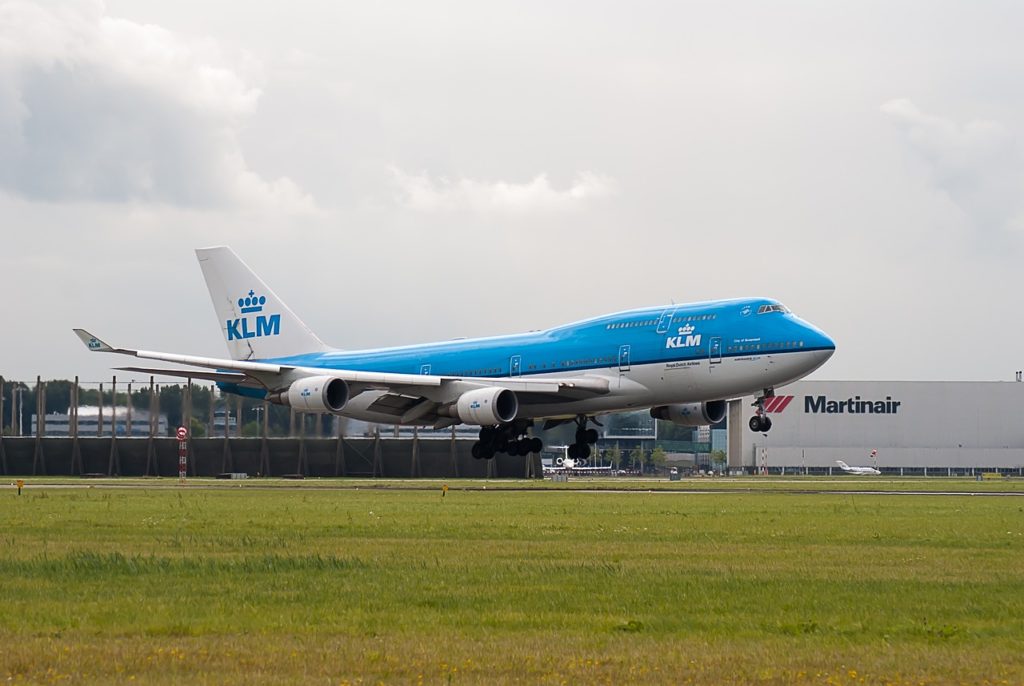
Fewer flights automatically mean fewer connections. Schiphol has always prided itself on good connections and short transit times. It will also mean an automatic reduction of airline slots. Which airlines will be most affected is currently anybody’s guess.
Civil Aviation Authorities will have their own spin on the Government’s decision. They will not favour the reduction because it will degrade the airport. This could create friction between the Dutch Civil Aviation Authority and the Government.
The reduction of flights will also reduce the number of passengers coming into the country. For a country that has tourism as a major player in its economy, that will be another negative.
Netherlands Government Contravenes EU Regulation
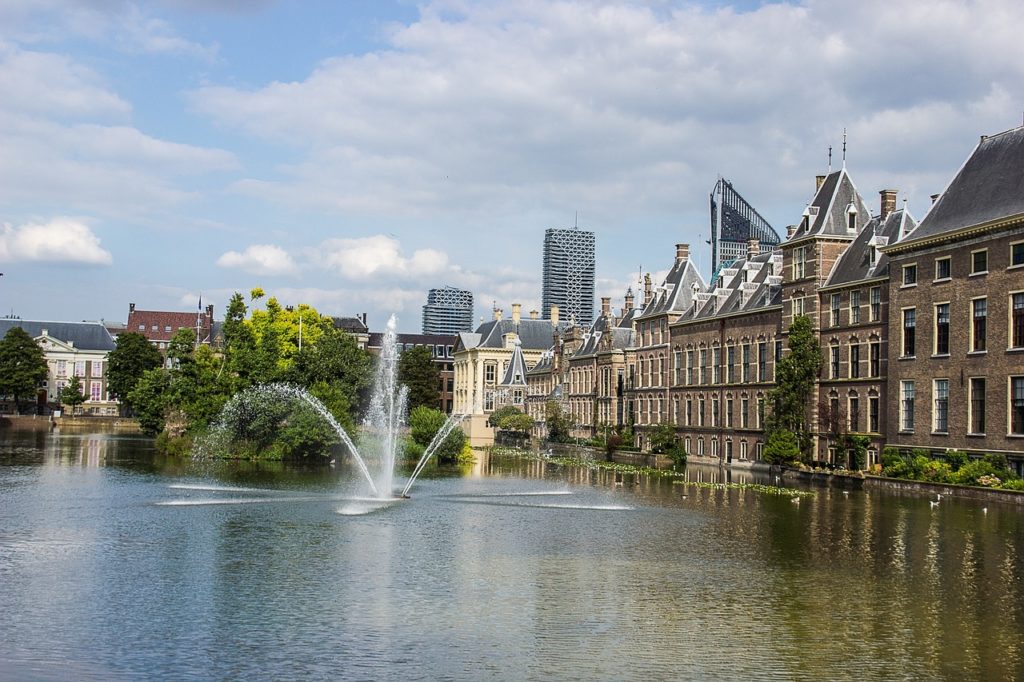
To quote IATA, “IATA and the global airline community believe that this political decision by the Dutch government contravenes European Union (EU) Regulation 598/2014 on noise-related operating restrictions at EU airports. It also disregards the Chicago Convention, a binding international agreement to which the Netherlands is a signatory.”
The annexure of the Chicago convention contains provisions for the Balanced Approach to Aircraft Noise Management which countries are obligated to follow when taking suitable measures to manage the noise impact of civil aviation.
European Union Regulation 598/2014
Regulation (EU) No 598/2014 aims to improve the noise environment around EU airports in order to ensure greater compatibility between aviation activities and residential areas, in particular in the case of night flights. The key requirement of the Regulation which calls for a Balanced Approach are:
- Consultations with affected parties.
- The use of flight reduction as a last resort.
- Balancing the needs and concerns of Local residents, the environment and the local economy for civil aviation’s economic and social benefits.
IATA’s Reasoning
IATA and the Airlines feel that the decision to reduce flights at Amsterdam’s Schiphol airport fails to meet the guidelines because:
- No meaningful consultation was conducted with the Airline Industry.
- Flight reductions are being imposed without it being a last-resort action.
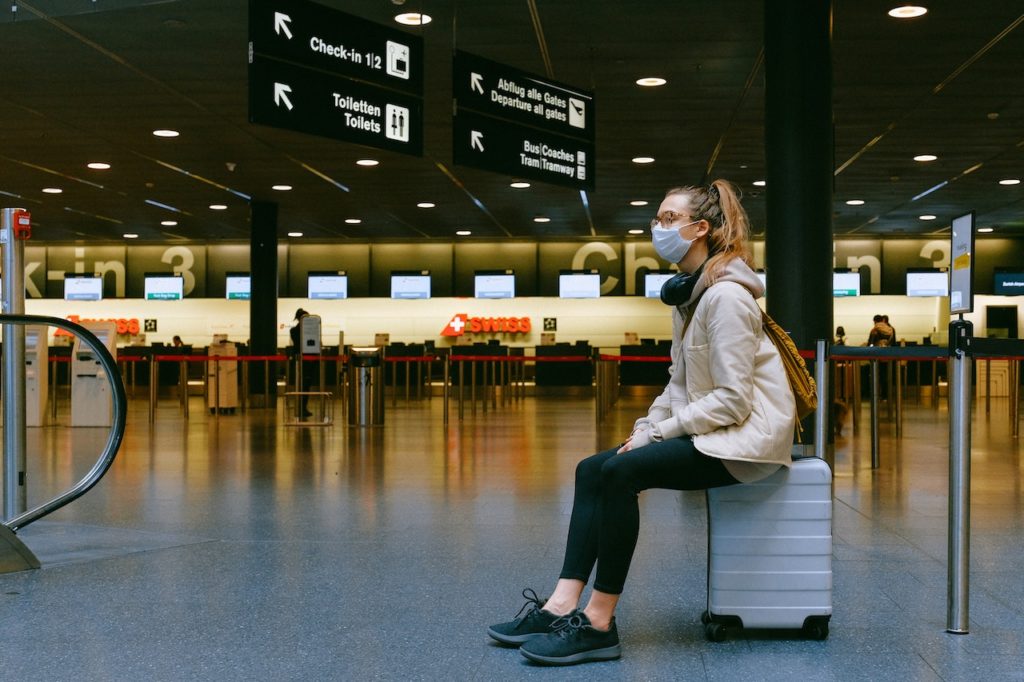
We all know the colossal damage caused to the Airline industry by Covid-19 both to the Airline industry and economies. Governments all over the world are working together with various stakeholders to improve the situation. It appears that the Netherlands government is not. It may be noted that pre-pandemic, aviation supported some 330,000 jobs and $30 billion of economic activity in Holland.
IATA Versus the Dutch Government
“The Netherlands is handicapping its economy by destroying connectivity. And it is doing it in contravention of EU law and its international obligations… The dangerous precedent that this illegal approach creates left no choice but to challenge them in court,”
Willie Walsh, Director General, IATA.
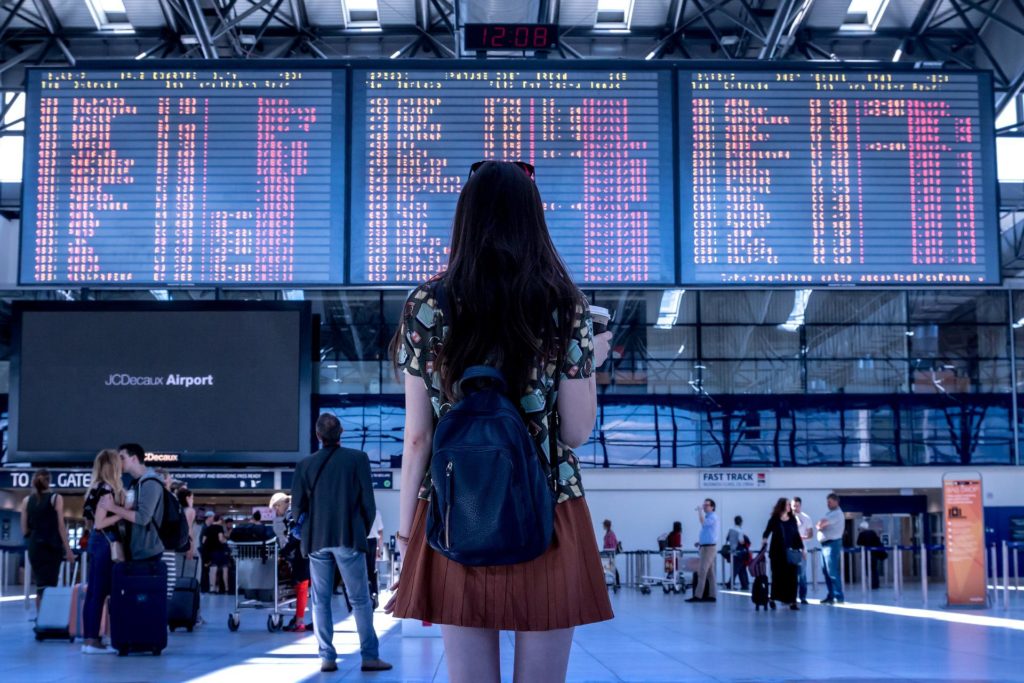
“The Netherlands is handicapping its economy by destroying connectivity. And it is doing it in contravention of EU law and its international obligations. The job-destroying hostile approach to aviation that the Dutch government has chosen is a totally disproportionate response to managing noise. The government has even refused to engage in meaningful consultations and made flight reductions the goal, rather than working with industry to meet noise and emissions reduction goals while restoring employment and revitalising the post-pandemic economy. The dangerous precedent that this illegal approach creates left no choice but to challenge them in court,” said Willie Walsh, IATA’s Director General. (Read about the Dutch court’s ruling that goes against the Government and allows a reprieve to IATA and the Airlines).
Airlines Working on Noise Reduction and Pollution
The airline industry continually endeavours to deploy quieter aircraft. It is part of almost every airline’s agenda. Their actions are said to have reduced noise levels by 50% in the last decade. That is significant.
Investment in new fleets also continues to play a significant role in meeting the aviation industry’s commitment to reduce its CO2 emissions to net zero by 2050, as set out in a Resolution at the IATA Annual General Meeting in 2021. It is reported that the Industry’s robust plan for reducing CO2 includes the uptake of Sustainable Aviation Fuels, of which airlines operating in and to the Netherlands have been among the leading users.
Conclusion
The question is whether this matter will actually go to court. IATA will not back down. Will the Dutch Government do so? I doubt it. My personal view is that the Netherlands Government will go into dialogue with IATA and settle out of court. Watch this space!
Edited to Add (11 Apr 2023)
It was reported on 5th April 2023 that the International Air Transport Association (IATA) reacted positively to the decision by the Dutch court to uphold the legal challenges lodged by IATA, KLM and other airlines against the Dutch government’s ‘experimental regulation’ to cut Schiphol airport’s flight limit to 460,000 from November 2023.
IATA Director General’s Comment
IATA Director General Willie Walsh said: “We welcome the judge’s decision. This case has been about upholding the law and international obligations. The judge has understood that the Dutch government violated its obligations in shortcutting processes that would bring scrutiny to its desire to cut flight numbers at Schiphol. This decision gives vital stability for this year to the airlines using Schiphol airport and maintains the choice and connectivity passengers value.”
Good News for the Dutch Economy
Walsh continued, “Winning this vital reprieve is good news for Schiphol’s passengers, Dutch businesses, the Dutch economy and airlines. But the job is not done. The threat of flight cuts at Schiphol remains very real and is still the stated policy of the government. Schiphol airport themselves yesterday announced night flight cuts without consultation. Airlines understand the importance of resolving issues such as noise. The Balanced Approach is the correct EU and global legally-enshrined process for managing noise impacts. It has helped airports around the world successfully address this issue.”
What are the next steps?
Assuming the State does not appeal the decision in time, Schiphol’s flight limit will remain at 500,000 for the Winter 23-24 season. Attention will then move to the consultation which had begun on limiting Schiphol on a permanent basis to 440,000 flights from 2024 onwards.
IATA believes that the Dutch state is again at risk of not following the Balanced Approach by proceeding from the basis that flight numbers need to be reduced to 440,000, rather than starting with measuring noise and defining a noise objective. Any flight cuts should only be a last resort to achieve this noise objective, not the starting point. IATA believes that the ruling of 5th April 2023 gives a strong indication that the State must follow the proper processes and analyze all options before proceeding with their further actions.
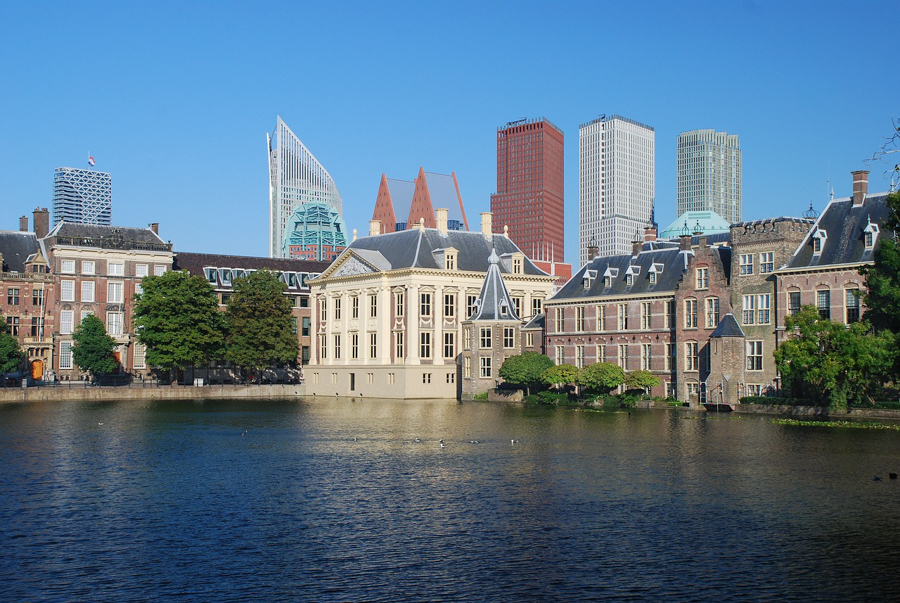
In my opinion, the Dutch Government will have to go back to the drawing board. Whatever they decide, will then have to be proposed to airlines operating into, and out of Schiphol. It is true that most Airlines in the world today, are concerned about pollution. Both CO2 and noise. They are doing their best to reduce both. They however need to be profitable to survive. Therefore they take the Balanced Approach route. What will eventually make the Government’s efforts successful is research and development by aircraft manufacturers. Cleaner fuel-efficient, noise-reduced engines and improved aircraft design.
I presume the Dutch Government’s approach had been based on poorly informed advice and implemented without consultation with IATA and the airlines. All of the parties involved will have to be involved in the ensuing discussion and a mutually agreeable decision will have to be made.
Note – Share your thoughts below. I will respond to all comments. Use the social media buttons to share this post with others who might find it useful. Please subscribe to never miss an update!
© Mano Chandra Dhas

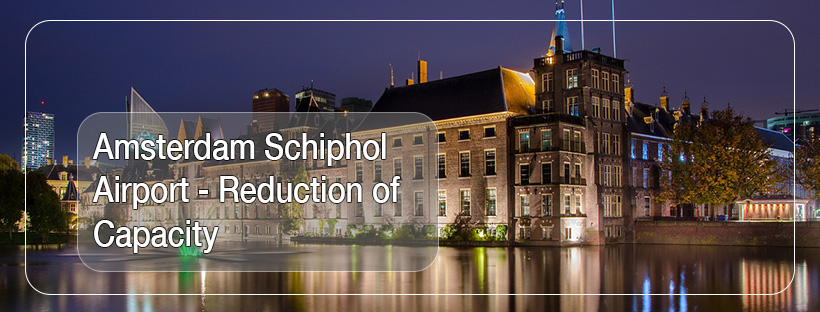
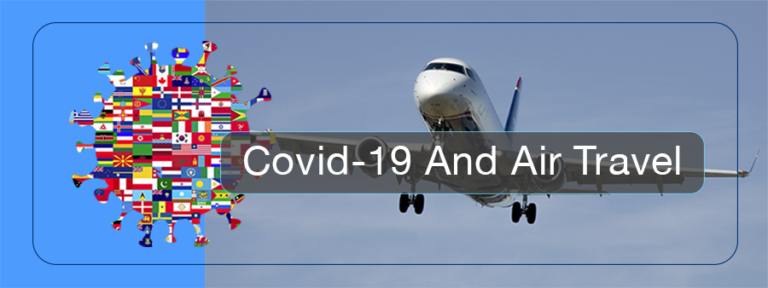
Well written Mano. Will Environment factor or Commercial interests win, remains to be seen. Let them introduce noise abatement procedures for departures instead of reduction of flights
Thank you for your comment, Mohan. It is always the issue. Environment or Commerce? Loren who owns FinanceColombia.com, put it very nicely. He said, “That’s Commerce taking flight!” He was referring to the Schiphol Airport issue. Noise abatement procedures for departures? I presume that is the Airline Captain talking. What exactly do you mean?
Frustrating just how little support the travel industry gets from it’s govts despite being the lifeline of both commerce and leisure business. All the while banks get bailouts for mistakes THEY make!
Go figure I guess….
Thank you for your comment, Fahim. Totally agree with you.
Hello Mano,
Here are my comments on Schiphol dilemma.
Leaving aside legality and its rigmarole, the flt reduction affect needs to be looked at whom and how this flt reduction would impact.
The legal aspects of Chicago Convention are relevant if the case is taken to court of law.
From the perspective of Schiphol residential area and its inhabitants, reduction of flts may not be noticeable, therefore bear minimal impact.
Thank you Baba for your very valid comments. Personally, I think there is some political agenda involved as well. Hence, the purported environmental angle. In my personal opinion again, it will affect the number of passengers using Schiphol as a transit point. AMS used to be so well connected to Europe and the rest of the international air transportation map. My feeling is that the matter may be settled outside the courts with both sides making concessions. Bottomline: Schiphol will be affected.
This topic is very relevant and timely, Mano.
Considering there is a roadmap and a commitment to reduce emissions as noted by IATA, the cap on flights is a big step and the reaction from airlines is not surprising. It would be interesting to see the long term considerations for noise reduction (besides reduction of flights).
Look forward to more on this subject.
Thank you Lakshmi for your very relevant comments. As one person commented here, it is Commerce versus Environment. Everyone has a part to play in reducing CO2 emissions and other pollutants. 2050 is a popular goalpost. One wonders how much we will achieve by then. 🙂
Interesting read Mano…lets see who wins commerce or environment so far its mostly been scales tipping in favour of commerce
Personally for me more than noise pollution its the reduced carbon footprint that’s a winner given how catastrophic global warming is becoming
Very valid points Sumeet! I agree the scale will tilt in favour of commerce. That will be only because the Dutch Government did not do their homework about agreements they are party to as well.
Talking about the environment, both commerce and the environment need to be on the same page. However, once a timescale is agreed to, all parties need to adhere to what has been agreed. I also agree that the CO2 issue is of prime importance and should take precedence over other environmental matters. Willie Walsh in his quote refers to the commitment IATA has made towards the reduction of CO2 emissions and what airlines have achieved in the last decade.
I live on the final approach for MDE, but for some reason late at night they reverse the runway direction. At about 3am I can hear those Fedex 767 taking off, and while it doesn’t wake me up every time, when it does, I think to myself: “That’s commerce taking flight!”
Let those travel dollars find more welcoming skies.
I don’t envy you, Loren. Living on the final approach of an airport runway. That must be horrendous. I hope they bring in some restrictions soon.
Love the “That’s commerce taking flight!” remark! How very Loren!! It is probably because such slots cost less (?) Hopefully one day they will have to comply. 🙂
Hi Mano, interesting article & informative. Should wait for the results. Cheers
Gracias mi amigo! My personal feeling is that the Dutch government will have to back down! They did not do their homework before the brought in the new regulation! 🙂
Excellent stuff Mano. It’s amusing to know how a Nation attempts to better the life of it’s citizens. While feeling proud about India as a multi-cultural democratic nation, wondering when Indian society will grow to a level of awareness on need of minimising noise pollution. Wish the electronic media and cross border cooperations help us absorb the good values of other societies, filtering those which are not desirable for our culture and betterment.
Thank you for your comment Dileep. I think that every nation on earth will have to toe the line. They will not have any other options. They must conform. If they don’t, their inaction will trigger all sorts of other repercussions that will affect their international trade. India and China cannot afford that. The alternative would be to be declared a pariah nation like N. Korea!
Excellent read. Thank you. All the more power to the Netherlands. To act in the best interests of your country is part of National Sovereignty. In this case, it benefits all of us. Imagine, if it were the Americans, they’d preparing to bomb IATA headquarters first and negotiate later.
Thank you for your comment, Jamal. The Netherlands government is trying to put one over international Airline industry agreements. The odd thing is that they are also party to the International agreement. Personally, I wonder where the Dutch government is coming from. It is obvious that they are trying to push through environmental issues at a faster rate. Did they commit to any other organisation that they would achieve certain levels of environmental control sooner than agreed in the IATA agreements?
Good read! Id say bravo to Schipol, more airports should be as environmental conscious.
Hi Sunita! Thank you for your comment.
It is of course good to have everyone thinking about the Environment. This tussle is not about objectives. Both IATA and most governments around the world wish to reduce CO2 emissions and noise pollution. IATA had negotiated with governments to give them time till 2050. Various governments were party to the agreements including the Dutch. It appears that Holland has suddenly come up with a shorter agenda and has announced a reduction of capacity at Schiphol without going through the agreed processes for such action. IATA plans to sue the government of the Netherlands.
Excellent read Mano !!
Thank you Rajeev!
Good article Mano.
Thank you Anish!